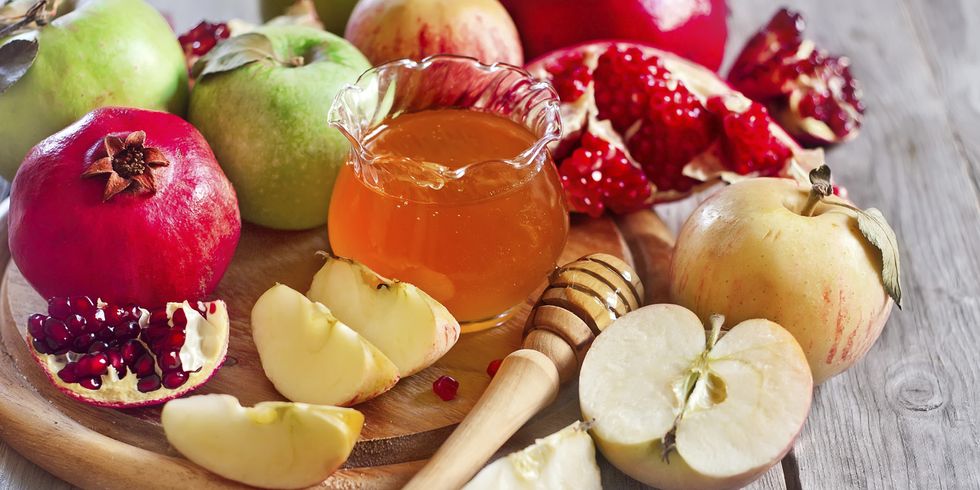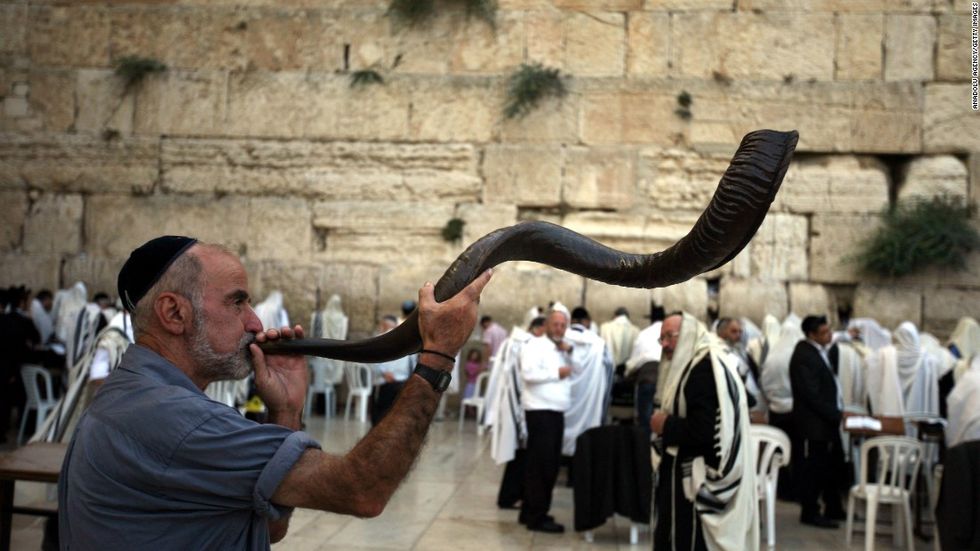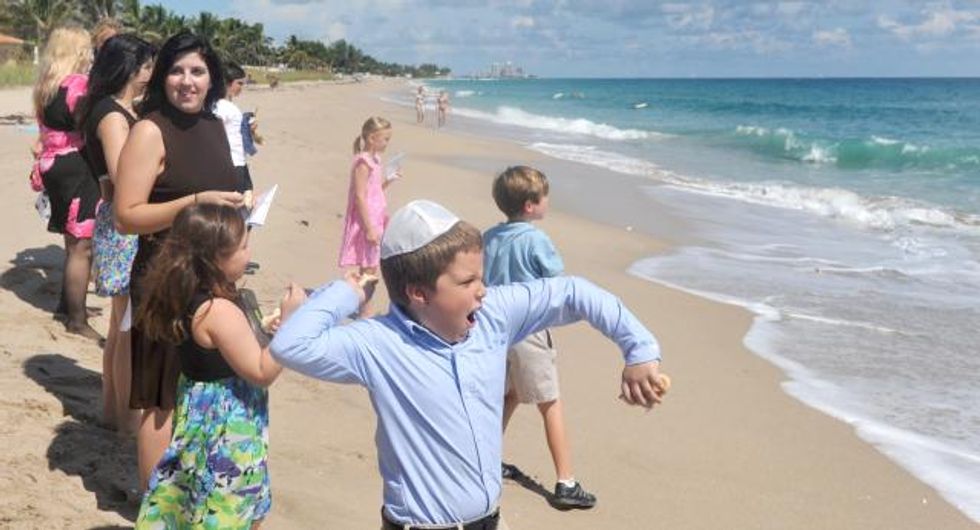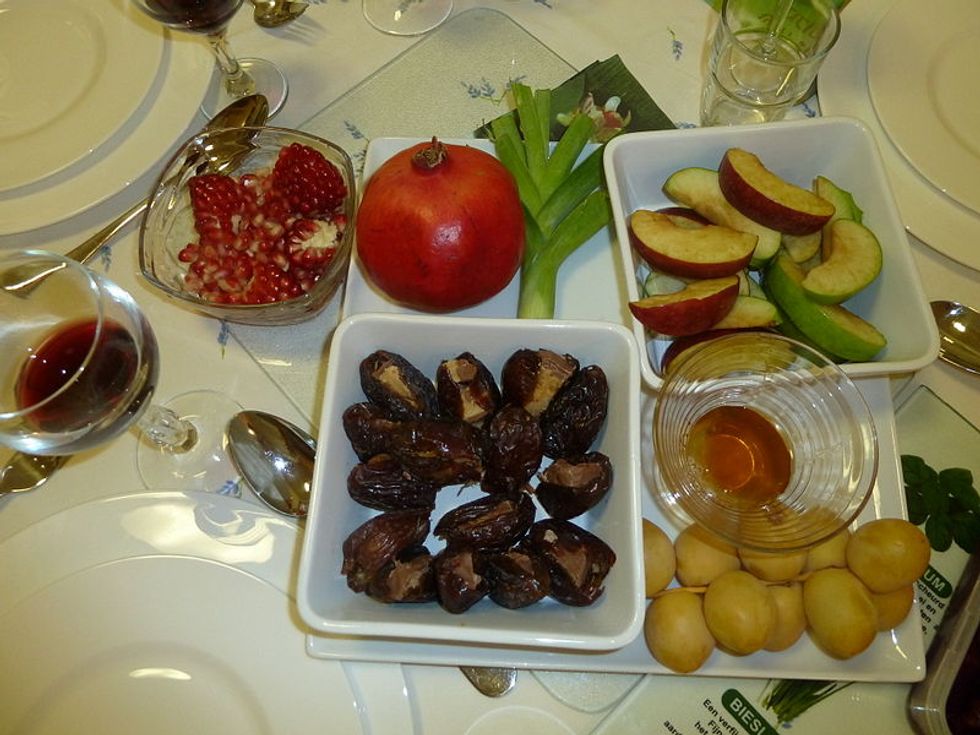So yesterday began the Jewish holiday of Rosh Hashanah, which is the New Year of the Hebrew Calendar. As we know, spring and autumn are two of the most important times in the Hebrew Calendar. That is because this is where most of Judaism's holiest times, feasts and festivals are celebrated, save for Hannukah in the mid-winter.
In the spring you got Passover, which I wrote about here. Then in the autumn season, we got Rosh Hashanah, Yom Kippur and the Feast of Sukkot.
Here I'm going to be discussing Rosh Hashanah which, along with Yom Kippur, forms what is part of the "High Holy Days".
If one reads the Bible, we can come to find out that Ancient Israelites were in love with farming, they celebrated holidays related to farming. It also relates to the creation of Adam and Eve, and in religious contexts, Rosh Hashanah celebrates and honors its anniversary.
One of the most prominent activities of Rosh Hashanah is the blowing of the shofar in which the Bible instructs Jews to "raise some noise". The shofar in general, along with the menorah is one of Judaism's main symbols.
In Leviticus 23:23-32 it reads, "The Lord spoke to Moses, saying: Speak to the people of Israel, saying: In the seventh month, on the first day of the month, you shall observe a day of complete rest, a holy convocation commemorated with trumpet blasts. You shall not work at your occupations; and you shall present the Lord’s offering by fire."
Then you got the practice of tashlikh, which while practiced by most Jews, is rejected by certain Jewish sections. Tashlikh, performed normally during the afternoon of the first day of Rosh Hashanah, is a ritual in which prayers are formed near a body of flowing water, to "cast the sins" into the water. Many times, Jews throw pebbles, or even bread into the water. The practice is rejected by some Jewish sections, due to the argument that it is not a proper way to repent for one's sins.
Since Rosh Hashanah is a festive holiday, there is also the FOODS! The thing about Jewish feasts is that every feast has a specific food attached to it. Hannukah you got deep-fried foods, Passover you got unleavened foods, and etc.
Rosh Hashanah's main culinary theme is sweet foods.
One of the most stereotypical Rosh Hashanah foods is apples, dipped in a sweet sauce such as honey for a "sweet new year".
Other foods include fish or lamb head, which symbolizes Deuteronomy 28:13, "The LORD will make you the head, not the tail. If you pay attention to the commands of the LORD your God that I give you this day and carefully follow them, you will always be at the top, never at the bottom."
Rosh Hashanah is one of the preceding holidays that leads into Judaism's most holiest and solemn day, Yom Kippur.
So, Happy Jewish New Year!
Shalom and Shanah Tovah!



















